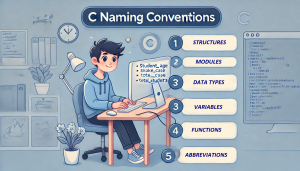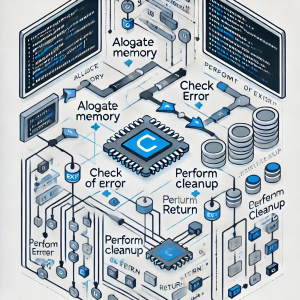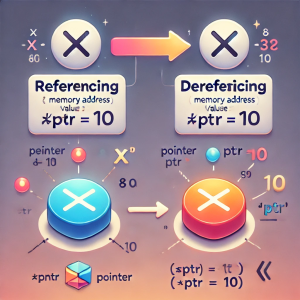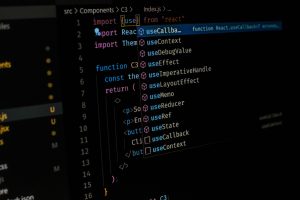What is the difference between const pointer and pointer to const in C ?
In C programming, pointers are fundamental tools that allow direct manipulation of memory. However, when combined with the const qualifier, they can introduce subtle distinctions that often confuse both beginners and seasoned developers. At first glance, the terms const pointer and pointer to const might seem interchangeable, but they serve different purposes. This article explores […]










